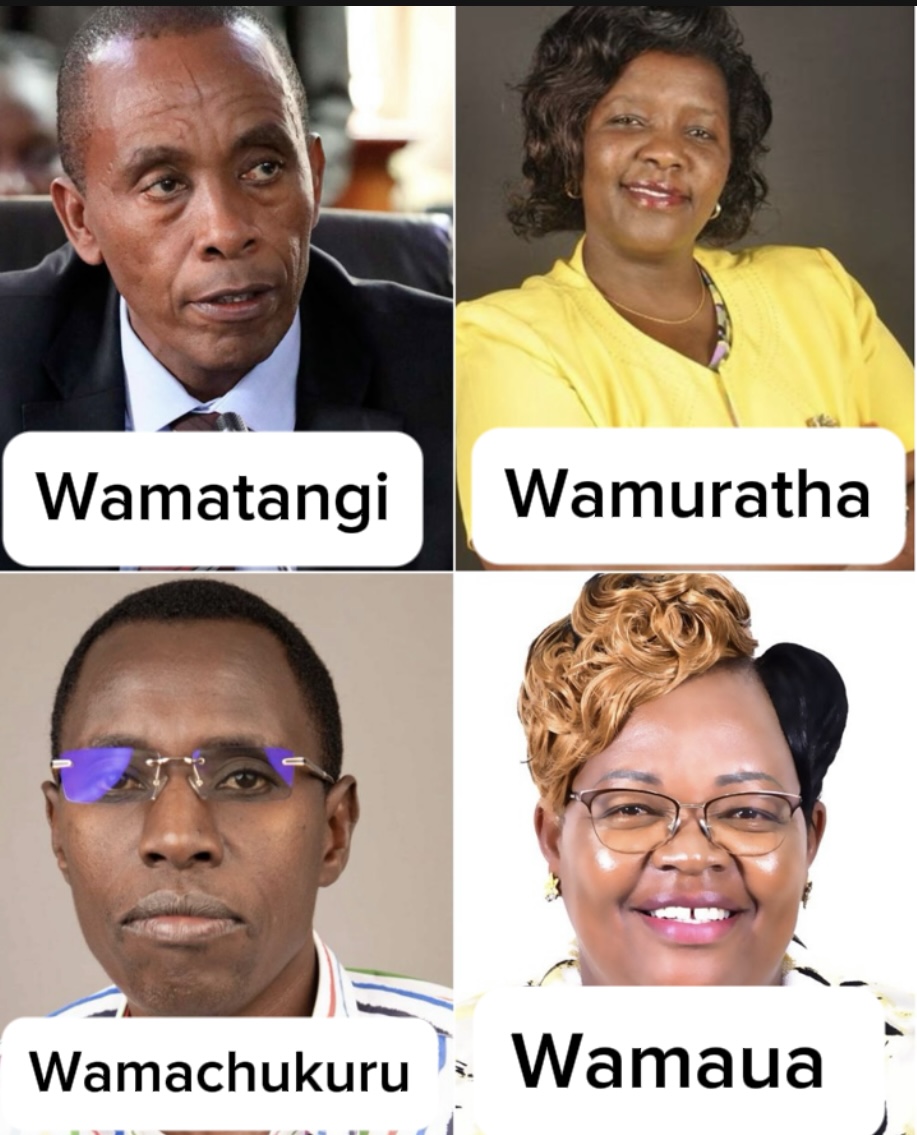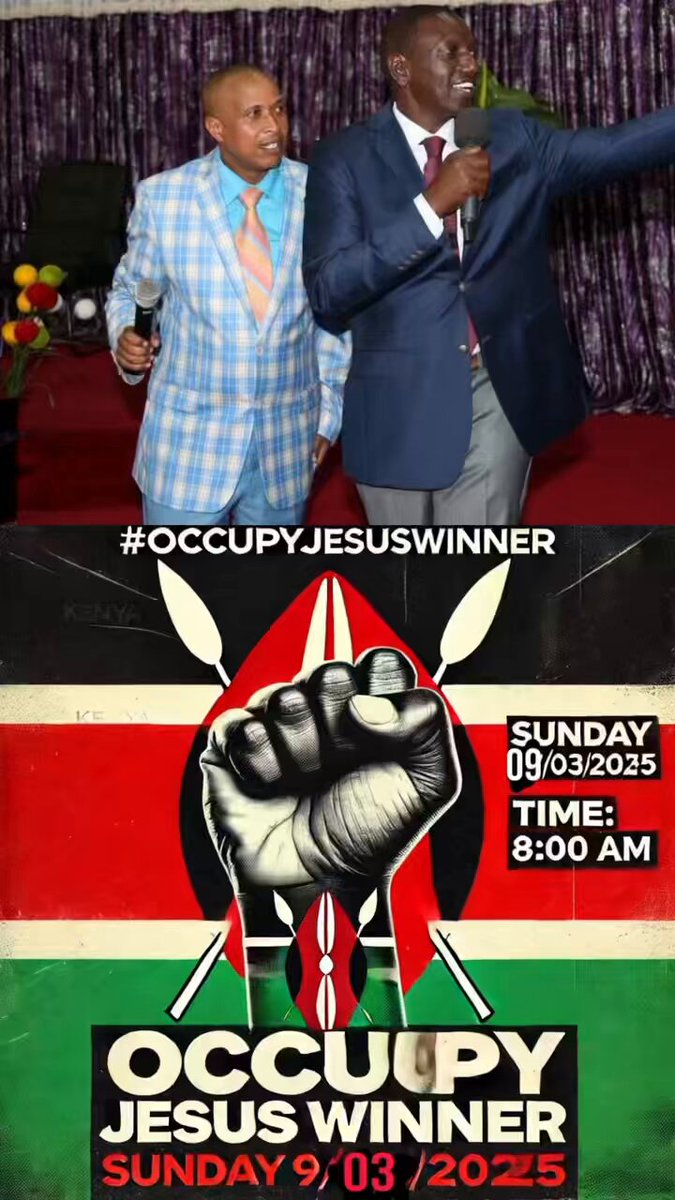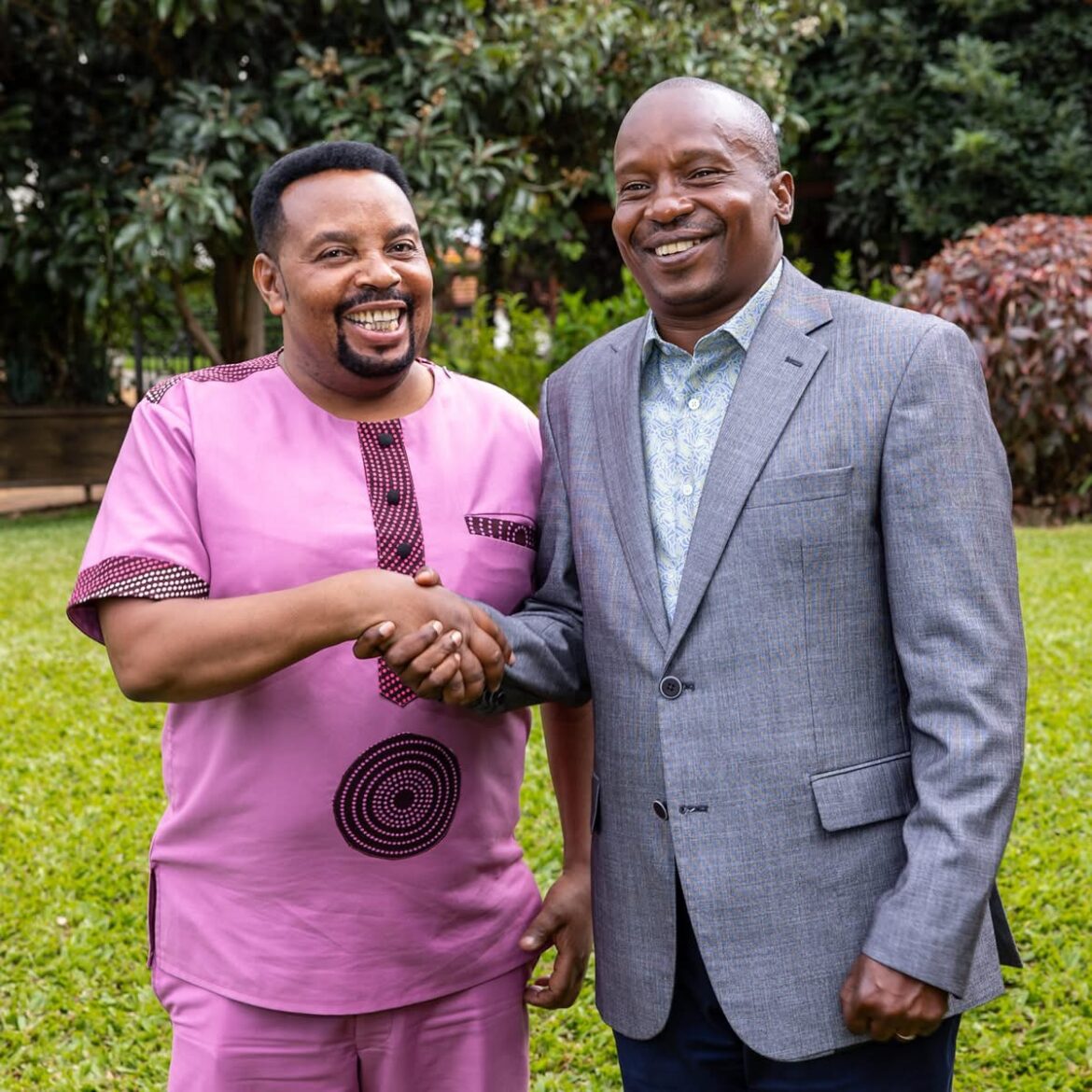Dismantling the Myth of Kikuyu Electoral Supremacy: A Historical Critique of Misguided Choices
In Kenya’s turbulent political landscape, a fraudulent narrative persists, one that casts the Kikuyu community as the linchpin of electoral wisdom, a monolithic force whose decisions purportedly chart the nation’s destiny. This myth of Kikuyu exceptionalism, skillfully propagated by regime-aligned social media operatives and tribal propagandists, is a deliberate attempt to gatekeep public opinion and anchor voters to ethnic kingpins.
Recent efforts to frame the backlash against artistes visiting Deputy President Kithure Kindiki’s residence as a Kikuyu-led uprising exemplify this distortion. Far from being the vanguard of a national awakening, the Kikuyu electorate’s historical voting patterns reveal a troubling susceptibility to whimsy manipulation, and a litany of electoral blunders that undermine claims of political sagacity. This article dismantles the façade of Kikuyu electoral supremacy, exposing its fragility through a detailed reckoning of historical missteps, while highlighting the broader, untapped potential of Kenya’s unaligned majority.
The uproar over artistes such as Ben Githae and Karangu wa Muraya visiting Kindiki’s Karen residence, where they were hosted to curry favor with the new deputy president, was swiftly spun by propagandists as a Kikuyu-driven backlash. Commentators and bloggers suggested that this reaction signaled the Kikuyu community’s unyielding resolve to dictate Kenya’s political trajectory, implying that “if Kikuyus decide, they’ll stick to their choices.” Such assertions are not only misleading but collapse under the weight of historical evidence.
The Kikuyu electorate’s track record is marred by decisions driven by superficial cues rather than principled reasoning, rendering them unreliable stewards of Kenya’s political future.

Vernacular media have played a major role in dumbing down Mount Kenya audiences. The same is replicated by other vernacular media conspicuously owned by the same individuals reeking of coordinated and deliberate intent
Consider the Kikuyu’s electoral history, a catalogue marred by caprice and inconsistency. Voters in Central Kenya have repeatedly fallen for candidates with name changes designed to evoke ethnic affinity – figures like Simon Ng’ang’a (Kawanjiku), Kimani Wamatangi, Gathoni Wamuchomba, or Njoroge Wamuratha. These choices reflect not discernment but a susceptibility to tribal branding, where a surname’s resonance outweighs policy substance.
The 2013 and 2017 elections of Uhuru Kenyatta, premised on the naïve belief that “he’s rich and will not steal,” further underscore this vulnerability. Kenyatta’s presidency, marked by grand corruption, including the Eurobond scandal and the Standard Gauge Railway mismanagement, exposed the folly of such reasoning. Yet, the Kikuyu electorate’s faith in these flawed premises persisted, revealing a pattern of decisions unmoored from critical analysis.

To be elected in Mount Kenya, you must change your name to denote some silly electoral pledge that you’ll never fulfill
This mercurial nature is further evidenced by recent political oscillations. In October 2024, following the impeachment of Deputy President Rigathi Gachagua, many Kikuyu voters dismissed his ouster with the flippant phrase “Kufa dereva, kufa makanga” (if the driver dies, so does the conductor), signaling indifference to his fate. Yet, within months, the same voters embraced Gachagua’s “wantam” slogans, rallying behind him as a tribal champion. This abrupt volte-face, devoid of ideological grounding and the inconsistencies betray a lack of political conviction, undermining claims of Kikuyu exceptionalism.
The Kikuyu electorate’s susceptibility to manipulation is compounded by their reliance on dubious influencers and vernacular media. Figures like Ben Githae, an illiterate school dropout whose gospel-tinged political anthems like “Tano Tena” swayed voters in 2017, wield disproportionate influence despite their lack of intellectual heft. Similarly, Karangu Muraya, a self-styled philanthropist, has leveraged TikTok to peddle propaganda, captivating audiences with emotionally charged content that obscures substantive policy discourse.
Vernacular stations like Kameme FM and Inooro FM, controlled by pro-regime barons like the Kenyatta family, further erode voter autonomy by dictating electoral preferences through tribal rhetoric. Listeners who take cues from these outlets, or from figures like Muigai wa Njoroge, whose performances at political events often mask partisan agendas, cannot be entrusted as anchors of transformative change.

Barely 8 months ago, Kikuyu’s were singing “Kufa Dereva, Kufa Makanga”. Today they’re regurgitating Rigathi Gachagua’s Wantam slogan. Trust them at your own peril.
This pattern of electoral misadventure is not an isolated phenomenon but part of a broader national continuum of resistance against opportunism. The backlash against artistes at Kindiki’s residence echoes earlier episodes: in December 2024, religious leaders hosted by President William Ruto at State House faced similar public scorn for aligning with a regime increasingly viewed as out of touch. Artistes like Guardian Angel, Mejja, Gidi Gidi Maji Maji, P-Unit, who performed at Ruto’s Jamhuri Day celebrations in 2024, were “canceled” on social media, with fans flooding their inboxes with criticism. Kamba leaders faced castigation in for attending State House meetings perceived as endorsing Ruto’s policies.
The OccupyJesusWinner movement, where Bishop Edward Mwai was threatened with arson for hosting Ruto, further illustrates this national repudiation of perceived sycophancy. These events reveal a Kenyan consciousness that transcends tribal lines, one that the Kikuyu are being forced to align with, not leading.
The myth of Kikuyu exceptionalism is decisively debunked by the existence of a broader, unaligned Kenyan majority. In the 2022 General Election, 8.1 million registered voters – approximately 36% of the electorate – boycotted the polls, according to the Independent Electoral and Boundaries Commission (IEBC). This significant bloc, unmoved by tribal kingpins, gospel musicians, or vernacular propaganda, represents a latent force of rational, independent voters.
Unlike the Kikuyu electorate, swayed by emotional triggers and ethnic loyalty, these Kenyans embody a rejection of divisive rhetoric, offering a pathway to a politics rooted in accountability and substance.

Young Kenyans united in their resolve to eradicate the toxic dichotomy between religion and politics, occupied Jesus Winner Church in March. Backlash against artistes visiting Kindiki Kithure is not new or unique
To the propagandists – figures and media houses like Mediamax, which owns Kameme FM – peddling Kikuyu exceptionalism, the message is unequivocal: your attempts to inflate a flawed electoral history into a narrative of supremacy are transparent. Opportunists who seek to entrench tribal kingpins, whether Gachagua, Kindiki, or others, by cloaking them in the garb of inevitability will find their tactics faltering against a growing national resolve. The Kikuyu electorate, far from dictating Kenya’s awakening, are but one thread in a larger tapestry, compelled to align with a broader consciousness lest they be relegated to the margins of history.
In conclusion, the Kikuyu community’s electoral history, marked by susceptibility to superficial cues, inconsistent loyalties, and manipulation by propagandists, shatters any claim to exceptionalism. The true architects of Kenya’s political future lie in the silent majority – those 8 million who reject tribal dogma and demand a higher standard of leadership. It lies with the Gen Z youth who are unbound by narratives and theatrics of illiterate anchors of vernacular media, low-IQ gospel musicians and corrupt clergy.
As Kenya navigates this era of awakening, it is this unaligned, discerning populace, not the mythologized Kikuyu voter, that will redefine the nation’s path, rendering the propagandists’ gatekeeping a futile exercise in the face of an unstoppable tide of change.

